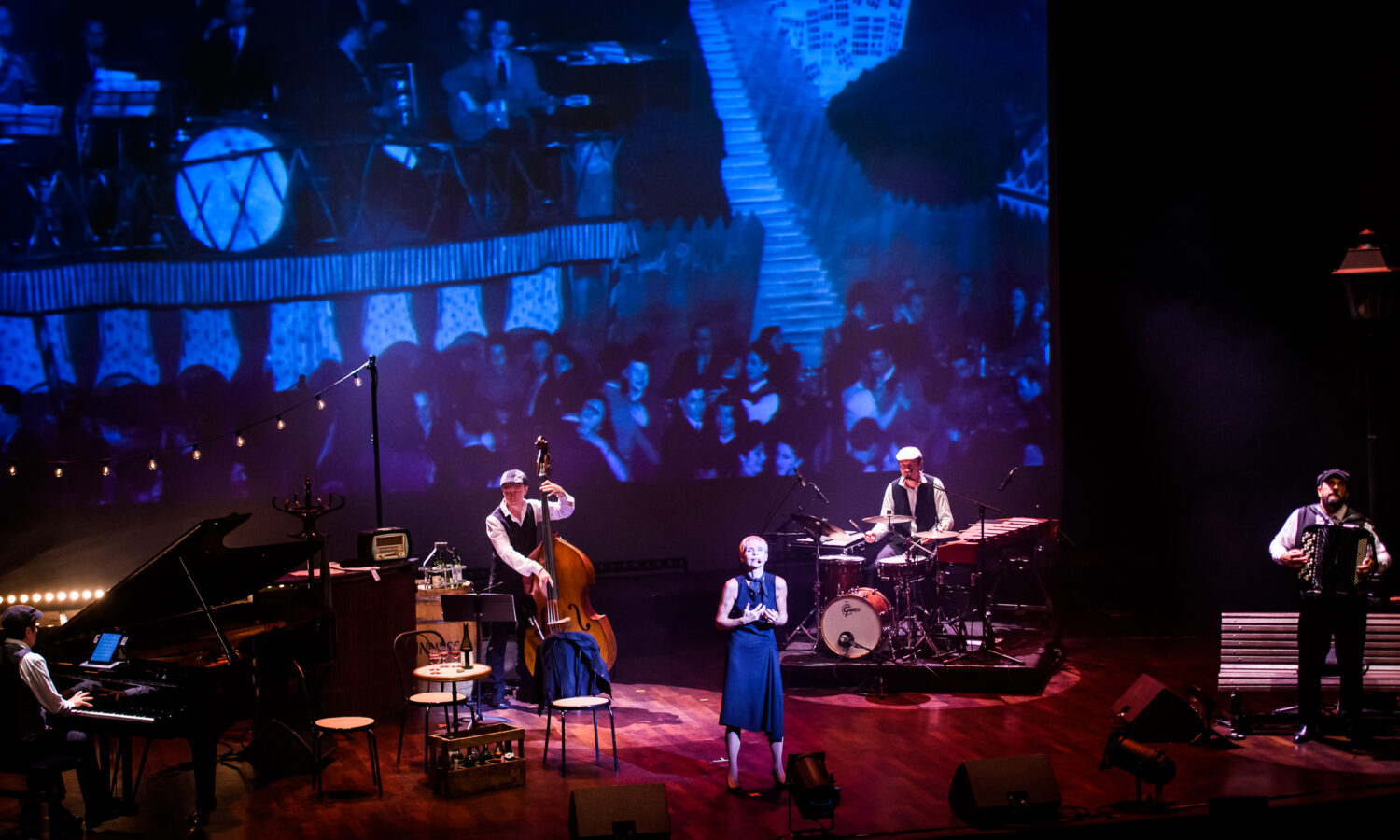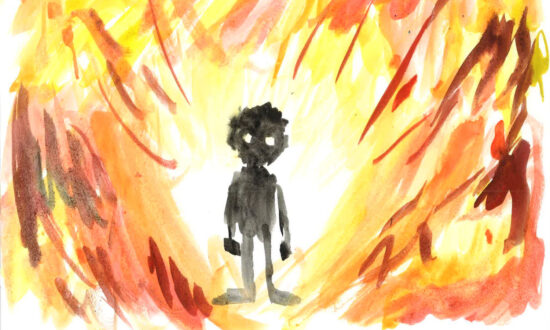Edith Piaf has become one of France’s great cultural symbols – and is as lucratively exportable a product as Maurice Chevalier and Claude Monet.
Everyone in the English-speaking world knows Piaf, or at least they know her two most famous songs – La vie en rose and Non, je ne regrette rien – delivered in her deeply yearning, metallic tone.
Some even know her earlier numbers, also sung in the style known as chanson realiste, which one pop culture critic called “of working-class life, grey with the soot of factory chimneys and abuzz with tunes picked up from bistro radios”.
The story of Piaf’s life (1915-1963) is one of struggle and triumph. Her early childhood in the working-class Paris district of Belleville was tough, raised in a brothel as the daughter of a street acrobat father who was often on the road and an inattentive mother who was struggling to establish a career as a singer. Piaf’s life story is so suffused with tragedy, it seems made for the stage and screen.
One performer who intimately understands Piaf’s enduring appeal is fellow French chanteuse Nathalie Lermitte, a Soissons-born singer who has spent the better part of the past 25 years inhabiting the legend’s songs and life, thanks to her starring turn in Piaf! The Show, coming to the Gold Coast and Brisbane.
A musical theatre performer since the age of six, Lermitte, now in her 50s, first heard Piaf as a five-year-old. In her 20s she was asked to audition by singing Piaf’s songs for a stage show based on her life.
“I remember being very, very struck by the power of what I was hearing,” Lermitte recalls. “When I met the director, he came up to me and he said, ‘You’re Piaf. You’re Edith Piaf’. And I said, ‘No, no, I’m not. You’re crazy’. It took me quite a long time to think about accepting the role and playing the part, but in the end I said yes and it absolutely changed my life.”
Piaf’s music has broad appeal.
“You don’t have to understand the words,” she says. “The meanings of the songs exist beyond the words. I think there’s great truth contained in them, the truth of the moment, the truth of the emotions. The truth is eternal. I think that’s why Edith Piaf is still so alive for us.”
Piaf was born Edith Gassion in 1915. As a young girl, she became part of her father’s act, singing for coins as he did contortions and backflips on the street. She struck out on her own at age 15, performing on the street as her best friend, Momone, passed the hat.
Louis Leplee, the Parisian cabaret director who plucked Piaf off the streets, gave her the nickname La Mome Piaf – The Sparrow Kid or Little Sparrow – which may have seemed like a career-making gimmick at the time but which actually presaged how beloved this oddly fragile yet staunchly earthy performer would become.
“When she began, she was just little Edith and then she went on to become the great Piaf,” Lermitte says. “I think that, for most of her life and most of her singing career, Piaf was trying to heal the little Edith and all of the songs are quite her own story, even if it’s not entirely the true story.
“My challenge in performing her songs is that I can never try to be exactly her. The only thing that I can try to do is to be sincere at the moment at which I begin to sing. Her music is a symbol of truth, so you have to be real.”
Lermitte doesn’t play favourites, but there is one particular song from Piaf’s late period that never fails to move her intensely.
“I very much like Milord. I knew very well the person who wrote the lyrics (Georges Moustaki) and he explained a lot of things to me about the song,” she says. “You think it is quite a happy song but, actually, it’s the saddest song of Piaf’s. Singing it, feeling it, is like riding on a wave or going up-and-down on a roller coaster. I love this song so much.”
Milord is about a working-class girl who falls for an elegant, much older man and Piaf’s version is perhaps the best-known recording, although the song has been interpreted by countless contemporary performers including Liza Minnelli, Cher and female punk rockers, The Monettes.
Conceived and directed by Gil Marsalla, the 90-minute Piaf! The Show – with Philippe Villa on piano, Frederic Viale on accordion, Benoit Pierron on percussion and Giliard Lopes on bass – is a walk through the performer’s iconic songbook that also features previously unpublished images of the songstress in the stage design.

Get InReview in your inbox – free each Saturday. Local arts and culture – covered.
Thanks for signing up to the InReview newsletter.
Lermitte appreciates the energetic exchange she feels between herself and the audiences attending her shows.
“A man came up to me when we did Broadway and he said to me, ‘I must say to you that I didn’t understand all of the words, but I have to tell you that my heart understood everything’,” she recounts. “For me that is the beauty of Piaf’s songs and her music.”
Piaf! The Show, The Star, Gold Coast, May 30, star.com.au/goldcoast; The Tivoli, Brisbane, May 31, thetivoli.com.au
Support local arts journalism
Your support will help us continue the important work of InReview in publishing free professional journalism that celebrates, interrogates and amplifies arts and culture in South Australia.
Donate Here




